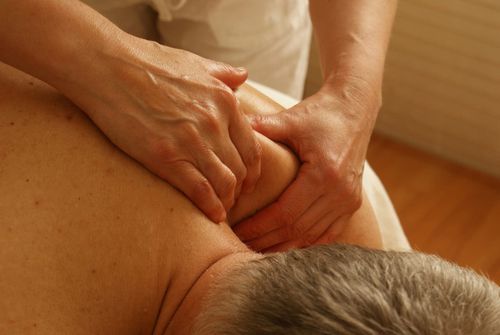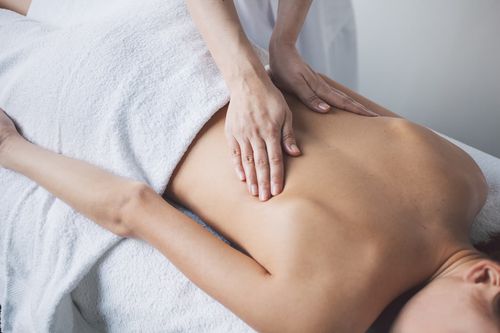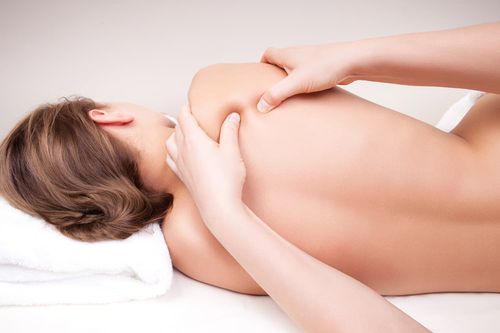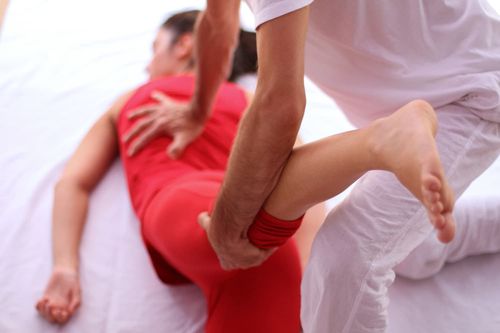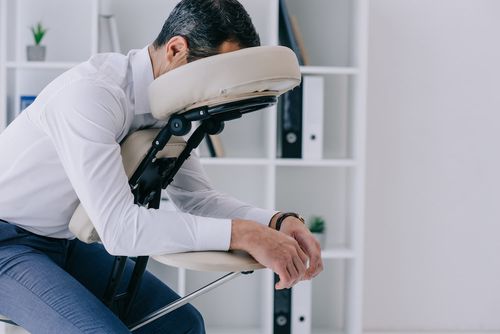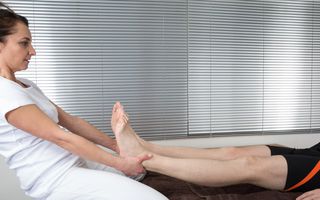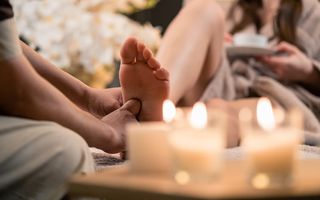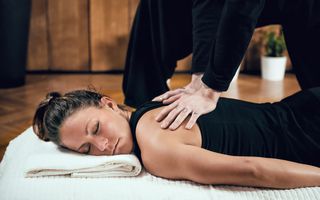What is Deep Tissue Massage?
Deep tissue massage involves manipulating the deeper layers of muscles and soft connective tissue in order to loosen up adhesions that cause chronic pain and impede blood circulation. It's similar to Swedish massage, but the amount of pressure applied is more intense, since deep tissue massage aims to target serious musculoskeletal issues.

What are the Benefits of Deep Tissue Massage?
Through slow and firm strokes like trigger point therapy, myofascial release and cross fiber friction, deep tissue massage provides lasting pain relief and improves range of motion. Unlike a full-body massage, this type of massage usually focuses on a specific point of pain on the body, such as:
- Low back pain
- Carpal tunnel syndrome
- Tennis elbow
- Frozen shoulder
- Whiplash
- Sciatica
- Fibromyalgia
- Headache
- Plantar fasciitis
- Osteoarthritis pain
- High blood pressure
- Poor posture
- Stress
- Anxiety
- Depression
How Much is Deep Tissue Massage in Launceston?
Depending on the length of your treatment and other services included, a deep tissue massage in Launceston will cost you between $50 and $175. It is also important to consider where you plan to receive your massage, as mobile massage services usually incur additional charges.
How Many Deep Tissue Massage Therapists are Based in Launceston?
Although many massage therapists in Launceston specialise in deep tissue massage, the state of Tasmania, of which the city is a part, has a relatively small population compared to other regions of Australia. As a result, only 2% of Australia's entire massage workforce has been recorded as working in this area.
How Many People in Launceston Use Deep Tissue Massage?
Different types of massage therapy, such as deep tissue massage, are in high demand in Tasmania, including Launceston. In a survey conducted in 2017 to determine the prevalence of complementary medicine in Australia, more than 60% of 85 respondents from the state said they used manipulative therapies, including massage, to help with long-term health conditions, like arthritis and back pain, while 19% said it helped them feel better overall.










